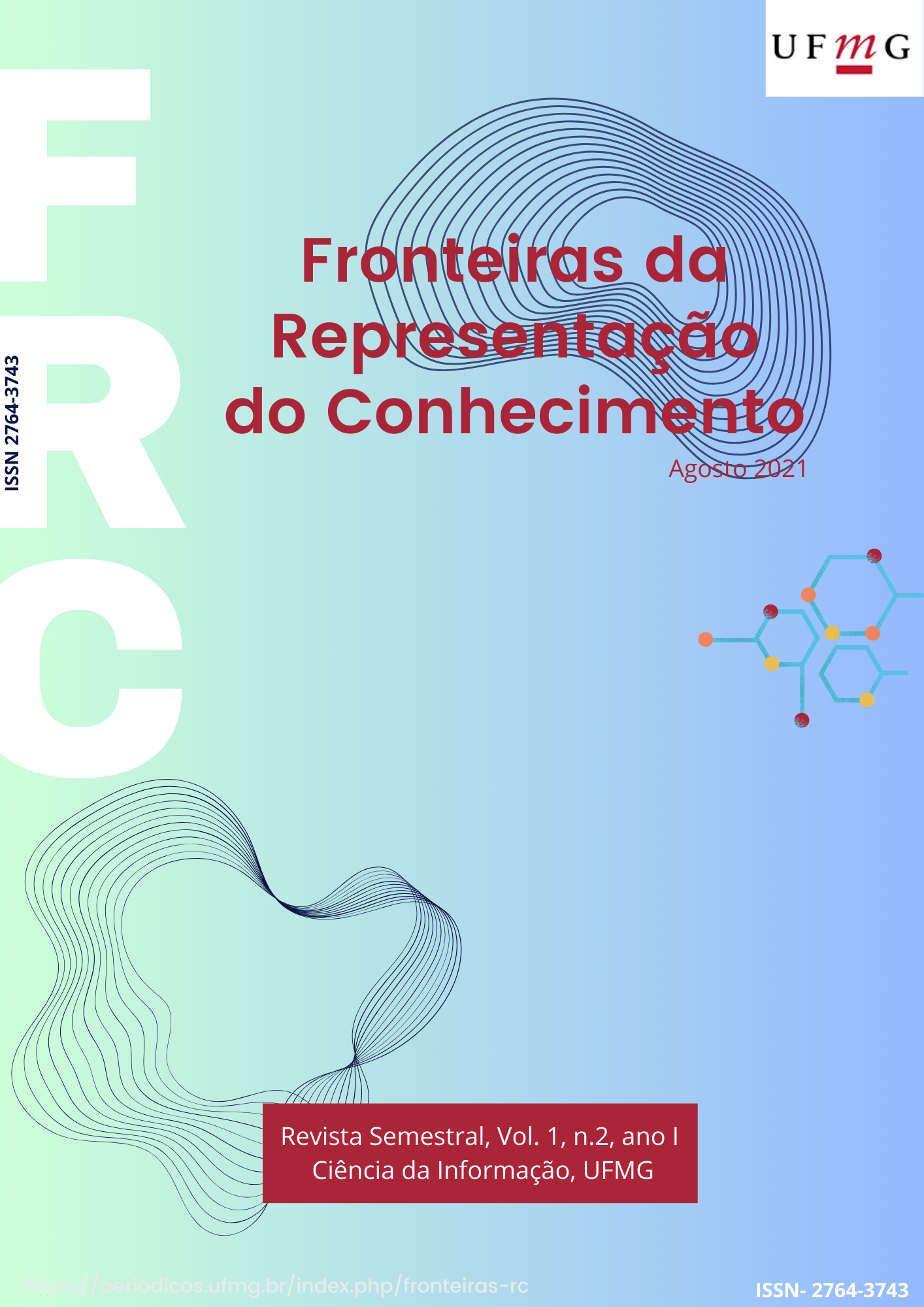Logic knowledge representation for ontologies A guide for formalization of natural language definitions to descriptive logic
Main Article Content
Abstract
Ontologies are artifacts used by Information Science professionals, to represent knowledge in digital platforms. Those artifacts are shining due to its representation features like entity relationships and using descriptive logic to be machine-readable. However, there are few ontologies made by Information Science professionals that use descriptive logic. To address this context, the present paper has as objective, familiarize the Information Science professionals with logic. To achieve this, the concepts of descriptive logic is presented to the reader and how it is linked with knowledge representation models to validate models and to reason new knowledge. The contributions of this paper is to provide a model to formalize natural language in logic and provide ten guidelines of how to incorporate logic in ontologies. Lastly, this paper suggests as future work to embody those guidelines into an ontology methodology as the best way to consolidate the use of logic within the applied ontology context.
Article Details
Section

This work is licensed under a Creative Commons Attribution 4.0 International License.
From: https://creativecommons.org/licenses/by/4.0/
You are free to:
- Share — copy and redistribute the material in any medium or format
- Adapt — remix, transform, and build upon the material
- for any purpose, even commercially.
- The licensor cannot revoke these freedoms as long as you follow the license terms.
Under the following terms:
-
Attribution — You must give appropriate credit, provide a link to the license, and indicate if changes were made. You may do so in any reasonable manner, but not in any way that suggests the licensor endorses you or your use.
- No additional restrictions — You may not apply legal terms or technological measures that legally restrict others from doing anything the license permits.
Notices:
- You do not have to comply with the license for elements of the material in the public domain or where your use is permitted by an applicable exception or limitation.
- No warranties are given. The license may not give you all of the permissions necessary for your intended use. For example, other rights such as publicity, privacy, or moral rights may limit how you use the material.


